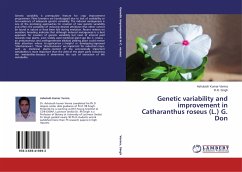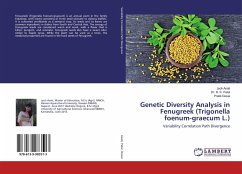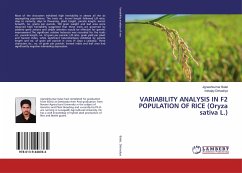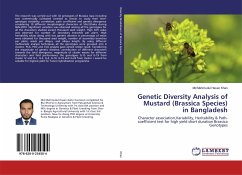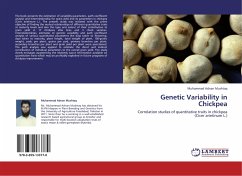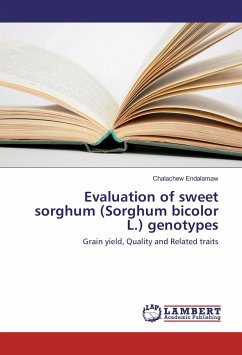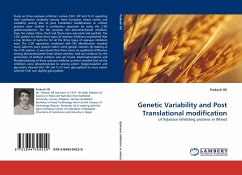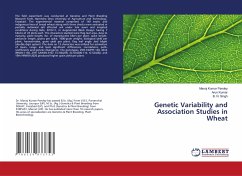Genetic variability is prerequisite feature for crop improvement programmes. Plant breeders are handicapped due to lack of availability or non-existence of adequate genetic variability. The induced mutagenesis is one of the promising approaches for creation of new genetic variability and offers the possibility of inducing desired attributes that either cannot be found in nature or have been lost during evolution. Recent reviews on mutation breeding indicates that although induced mutagenesis is a best approach for creation of genetic variability but most of interest paid towards crop plants, even widely used medicinal plant spp like C. roseus , an anticancerous and antihypertensive alkaloid yielding plant could receive little attention where its application is helpful in developing improved 'idiochemovars'. These 'idiochemovars' are important for industrial crops, such as medicinal plants, content of the economically important metabolites is more important than the yield of the plant parts containing the metabolites because it determines the cost of extraction of the metabolite.
Bitte wählen Sie Ihr Anliegen aus.
Rechnungen
Retourenschein anfordern
Bestellstatus
Storno

